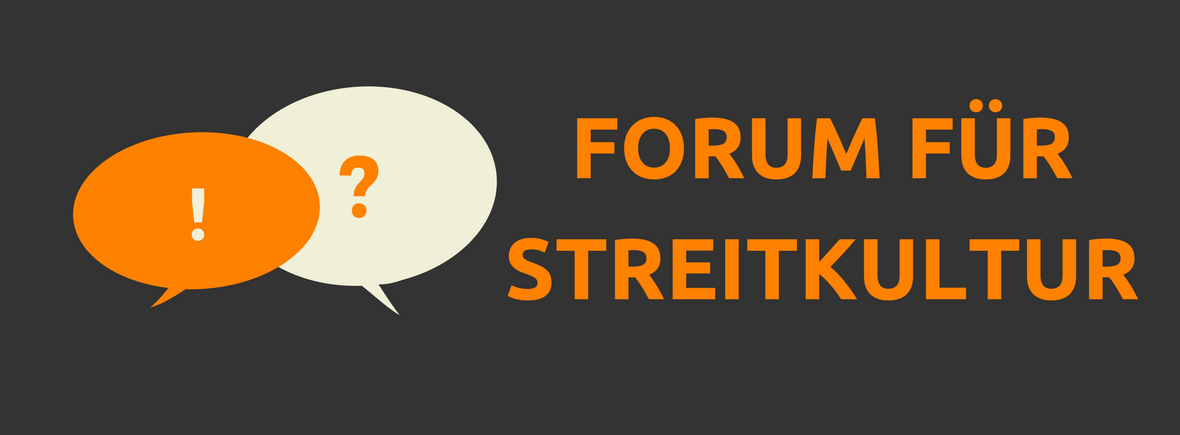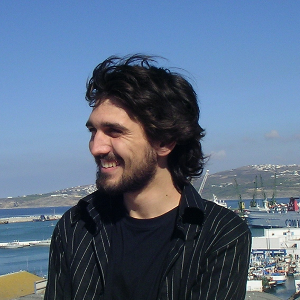The events of the year 2016 have led many critical observers to doubt the stability and longevity of democracy. Ideally, democracy effectuates the rule of reason. Debates in elected assemblies and in society as a whole should serve the process of finding best reasons for political decisions. However, the mechanisms that currently produce such decisions are vulnerable to misuse. Arguably, they need to be redesigned in an attempt to make them “foolproof” – i.e., to design them in a way to make misuse inherently impossible or to minimize its negative consequences.
Empirical evidence suggests that political agents may generally lack the required competence for deliberation and debate. Even very intelligent people systematically tend to focus on information that confirms what they already believe and dismiss information that contradicts it. Instead of seeking rational debate, people often cling to forms of modern tribalism. In addition, modern communication networks are swiftly replacing traditional print and broadcast news media. This shift presents deliberative democracy with opportunities but also risks, as these communication networks neither encourage a balanced exchange of information nor systematically check its quality.
A special issue on Foolproof Democracy
In view of these developments, the question of the desired relation between democracy, deliberation, and truth looms large. Moral Philosophy and Politics invites contributions that seek to articulate this relation from the viewpoint of philosophy and political science. Suitable contributions may address such questions as:
- How, if at all, can we improve public opinion formation?
- Is deliberation the best way to generate political decisions in modern democracy?
- How can we make democracy more resistant to populism and other forms of mass manipulation? Should politics be allowed (and perhaps even obligated) to exert influence on opinion formation in society?
- Is there a way to methodically and impartially check the quality of debate in the public sphere?
- Are political polarization and “echo chambers” a problem for democracy? And, if so, how can we guard against their formation and maintenance?
- What ought to be the role of science and the humanities in the democratic process?
Papers should be submitted before June 30, 2018 and should not exceed 8000 words; shorter articles will also be accepted for review.
All submissions will undergo MOPP’s double-blind refereeing process.
Please note that this process is not organized by the guest editors but by the journal’s founding editors who will also have the final word on publication decisions.
The journal’s manuscript submission site can accessed here: http://mc.manuscriptcentral.com/mopp
Guest editors
- David Lanius (davidlanius.de) (Karlsruhe)
- Ioannis Votsis (votsis.org) (London)




